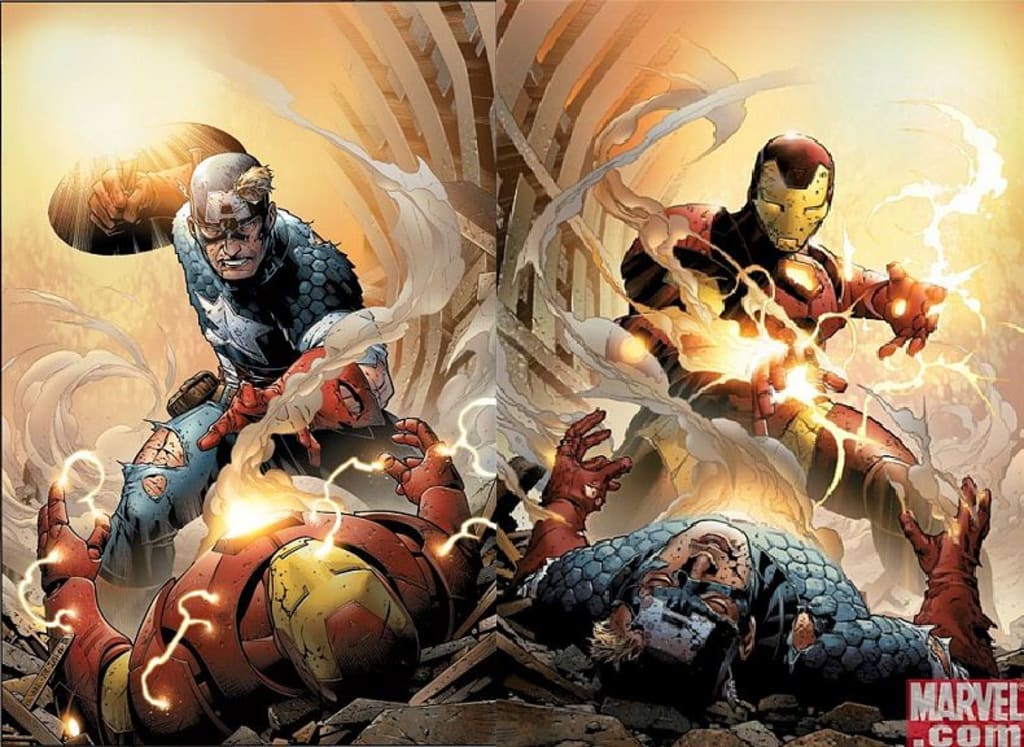
Be warned: SPOILERS FOLLOW!
Captain America: Civil War is ostensibly based on the iconic Marvel Civil War miniseries. It's an action-packed thrill of a ride that casts Iron Man and Captain America on different sides of an ethical debate over the registration of superheroes, and in the build-up Marvel has attempted to divide the fans just as much. With the hype building over in the States, I've seen the film and it's time to weigh in with my view.
Captain America's Side
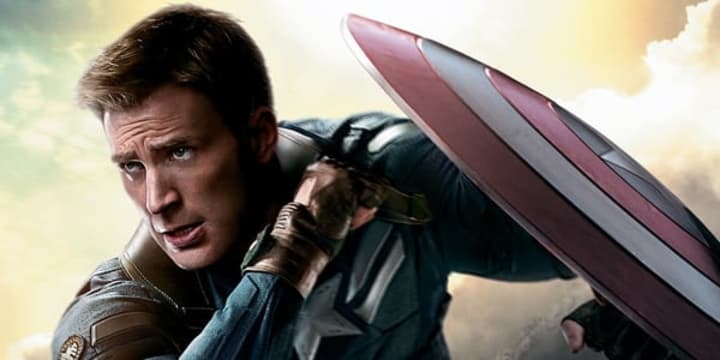
Captain America has a simple moral code: If he sees a situation that's going south, he believes that he has a responsibility to step in. To him, government surveillance complicates things. What if this nebulous surveillance prevents the Avengers from intervening in a crisis? What if they order the Avengers to step in where they feel it isn't right to get involved?
Is he right?
Underlying Captain America's argument is the fact that he doesn't trust the government. It's no wonder; this is the man who unearthed the decades-old Hydra conspiracy that had corrupted S.H.I.E.L.D. from the start. Hydra had a number of major political figures among their members, including members of the World Security Council — S.H.I.E.L.D.'s overseer. Captain America has no way of knowing whether or not Hydra's influence has been completely uprooted (we fans who follow Agents of S.H.I.E.L.D. know that it hasn't been).
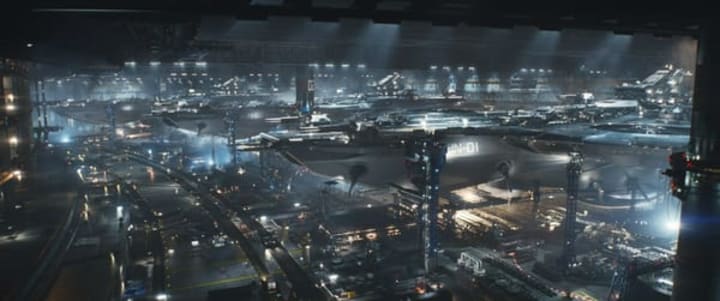
Project Insight was SUCH a good idea...
But you don't need Hydra to have problems with government oversight. Putting the government in charge of the Avengers just adds a political dimension to superheroism. It exposes the Avengers to the ever-shifting agendas of politicians, and risks restricting their ability to make a difference in the world. This issue was immediately exposed when the Scarlet Witch was put under house arrest for "safety reasons." The fact that Zemo so effectively manipulated matters from the outset is also cause for concern.
Worse still, the idea of the Avengers being run by some kind of panel is farcical; if the world is invaded, do we really want to waste time having a meeting to discuss superhuman response?
The case for registration is further undermined by the actions of Wakanda.

Whereas the Avengers will be registered, and their actions restricted by a panel, the Black Panther does as he pleases. It's strongly implied that T'Challa never personally signed the Accords, and he looks to have used his diplomatic immunity to avoid having to do so after being arrested. Given that Wakanda seems to have been a major force in pushing for the Accords, that's rather alarming. It raises the awkward question of whether or not other countries in the world are following America's lead in registering superheroes — or if the Accords will effectively restrict only the Avengers.
Iron Man's Side
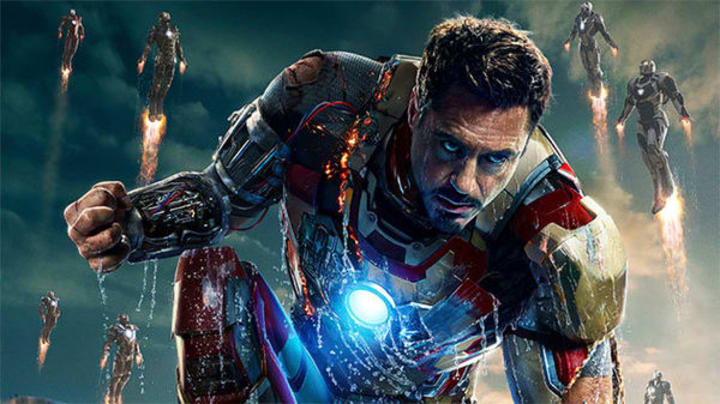
Tony Stark has some ideas.
The Avengers have acted with unlimited power and zero accountability. Worse still, they've begun making mistakes; from Tony's creation of Ultron to the Scarlet Witch's levitating Crossbones. People are afraid, and they need a system of accountability to be put in place to give them confidence in their superheroes once again.
Is he right?
The root of all this is a simple question: who has the power to make decisions? Should power sit in the hands of a select few, or in the hands of democratically elected governments? Superheroes are empowered individuals who could potentially bring down nations, and yet there's absolutely no one to check their decisions. The closest thing there was to that was S.H.I.E.L.D., but that was brought down in flames. Something new is needed.
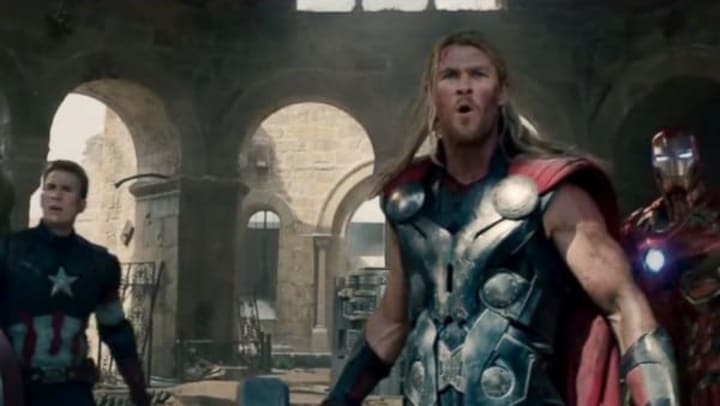
The Avengers have too much power!
The idea of 137 nations uniting in the creation of the Sokovia Accords is unprecedented. There are only 193 countries in the United Nations! The concerns aren't just limited to America, and the risk is that some countries will begin to see the Avengers as aggressors. That's particularly the case when the Avengers head into a country without even letting anyone know they're operating, as was the case with Lagos.
Clearly the Sokovia Accords would come into play whether Tony Stark supported them or not. Better that the Avengers sign and be accountable, and work within the system to improve it, than that they become fugitives. Tony Stark doesn't believe that the system being put in place is perfect, but he does believe that it's necessary in the short-term, and that he can change it in the long-term.
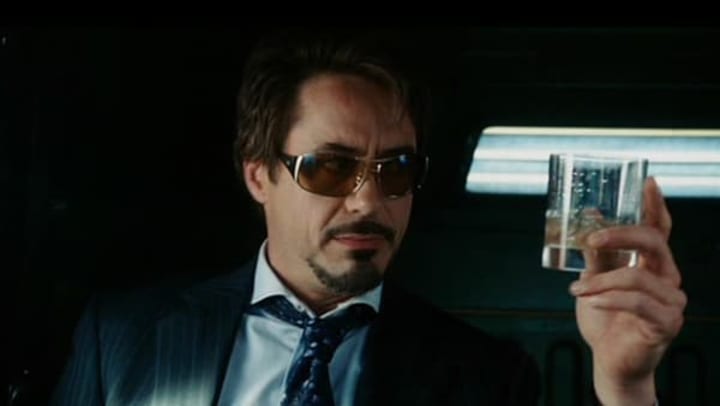
Leave it to Tony Stark to make a deal!
So, there we have it, the two sides of the argument, displayed in the logic of the MCU! Only one question remains:
About the Creator
Tom Bacon
A prolific writer and film fan, Tom has a deep love of the superhero genre.






Comments
There are no comments for this story
Be the first to respond and start the conversation.